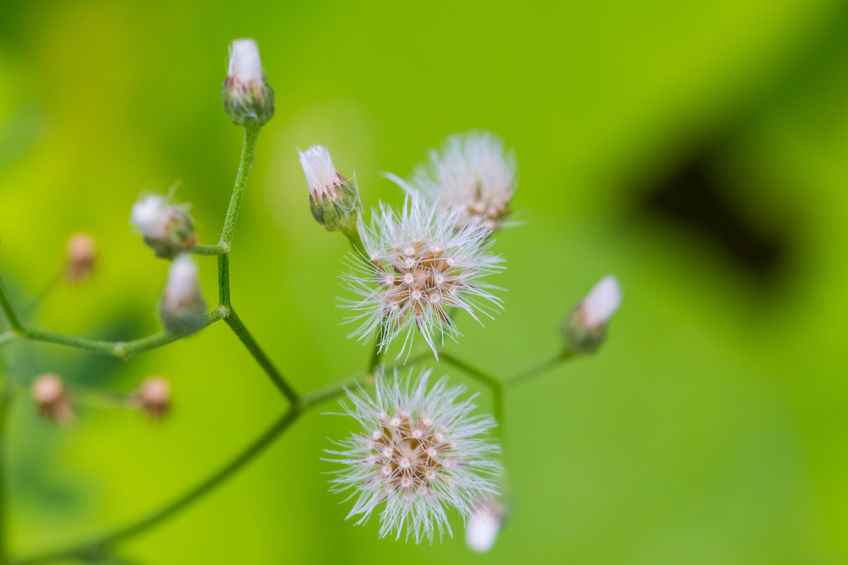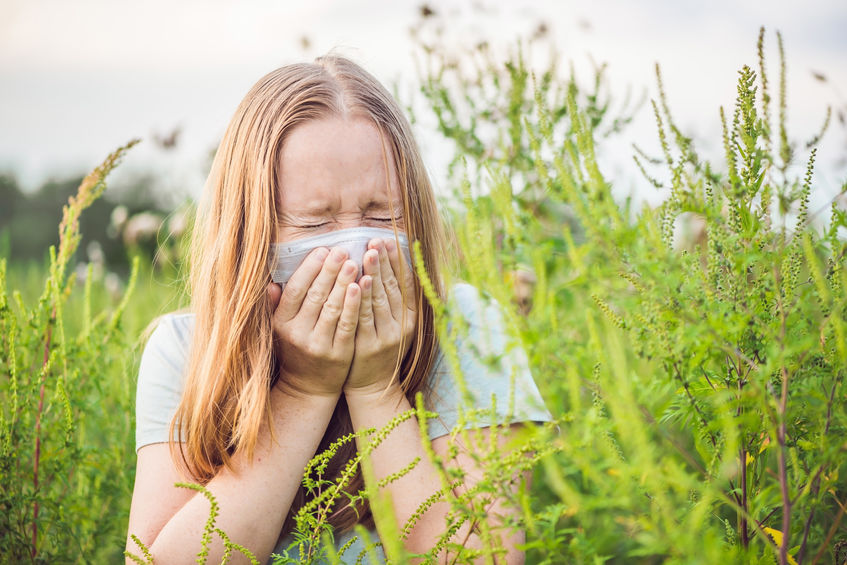-

Tree pollen
A pinch of pollen can contain thousands of grains, and trees often produce especially light pollen that can travel several kilometers on the wind – into your home and car. Indigenous trees tend to have heavier, stickier pollen dispersed by insects and small animals like bats or mice, notes the Allergy Foundation South Africa (AFSA).
The culprits are mostly aliens from the northern hemisphere or Australia, planted in our cities and on farms: oak, plane, olive, cypress and gum. Allergy symptoms are the same for any type of plant pollen: runny nose, itchy red eyes, sneezing, sore throat, sinus pressure and swelling around your eyes.
Tree pollen
A pinch of pollen can contain thousands of grains, and trees often produce especially light pollen that can travel several kilometers on the wind – into your home and car. Indigenous trees tend to have heavier, stickier pollen dispersed by insects and small animals like bats or mice, notes the Allergy Foundation South Africa (AFSA).
The culprits are mostly aliens from the northern hemisphere or Australia, planted in our cities and on farms: oak, plane, olive, cypress and gum. Allergy symptoms are the same for any type of plant pollen: runny nose, itchy red eyes, sneezing, sore throat, sinus pressure and swelling around your eyes.
-

Grass pollen
The flowering times for grasses vary with region and climate conditions, but can run from early spring right up to early winter, reports the AFSA. Grasses produce among the most severe allergy symptoms, but antihistamine medications and allergy shots to build tolerance can be highly effective in managing them.
Common culprits are ryegrass, wild oat grass, bunny tail grass, thatching grass, Buffalo grass, Bermuda grass, and that lawn favourite, kikuyu. The Real Pollen count advises speaking to your nursery, and being sure to plant only female kikuyu seedlings that don’t produce pollen.
Grass pollen
The flowering times for grasses vary with region and climate conditions, but can run from early spring right up to early winter, reports the AFSA. Grasses produce among the most severe allergy symptoms, but antihistamine medications and allergy shots to build tolerance can be highly effective in managing them.
Common culprits are ryegrass, wild oat grass, bunny tail grass, thatching grass, Buffalo grass, Bermuda grass, and that lawn favourite, kikuyu. The Real Pollen count advises speaking to your nursery, and being sure to plant only female kikuyu seedlings that don’t produce pollen.
-

Weed pollen
This has not been an issue in South Africa until recently, when highly allergic ragweed, the most common cause of weed allergies the US, was detected near Durban. A small amount has already been found in Gauteng near Heidelberg, and The Green Times notes that with climate change, ragweed is expected to migrate south.
The UCT Lung Institute urges removing and destroying this invasive alien if you spot it, as it poses a serious health threat.
Weed pollen
This has not been an issue in South Africa until recently, when highly allergic ragweed, the most common cause of weed allergies the US, was detected near Durban. A small amount has already been found in Gauteng near Heidelberg, and The Green Times notes that with climate change, ragweed is expected to migrate south.
The UCT Lung Institute urges removing and destroying this invasive alien if you spot it, as it poses a serious health threat.
-

How to minimise your exposure to pollen
If you have an allergy, avoiding allergens is your best defence, says the Allergy Foundation of South Africa.
· Keep indoors on dry, windy days.
· Wear a dust mask when counts are high
· Keep windows of your home and car closed on those days, and consider fitting high-efficiency particulate air (HEPA) filters to your air conditioner and car filter.
· If you have to mow the lawn, wear a mask.
· Shower and change your clothes when coming in from outdoors.
· Don’t leave washing outdoors, use a dryer or hang it indoors.
How to minimise your exposure to pollen
If you have an allergy, avoiding allergens is your best defence, says the Allergy Foundation of South Africa.
· Keep indoors on dry, windy days.
· Wear a dust mask when counts are high
· Keep windows of your home and car closed on those days, and consider fitting high-efficiency particulate air (HEPA) filters to your air conditioner and car filter.
· If you have to mow the lawn, wear a mask.
· Shower and change your clothes when coming in from outdoors.
· Don’t leave washing outdoors, use a dryer or hang it indoors.
Cookie Notification
Our site uses cookies that are essential, while others help us to improve your experience. By continuing, you agree to our use of cookies. Read our Privacy and cookies policy here.

